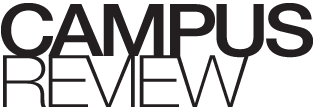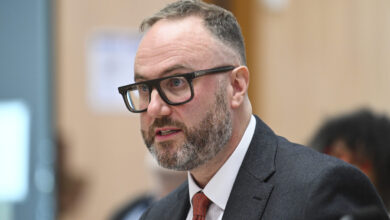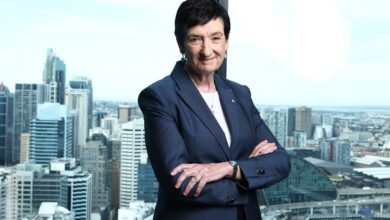Industry & ResearchTop Stories
Why competency, not grades, is the assessment style of the future

When principal of Templestowe College, Peter Hutton, was at school, like many of us, he was told that one day, the esoteric-seeming knowledge he gained would be useful.
Please login below to view content or subscribe now.






The things that are easily quantified and measured are usually the simple things we do. The more sophisticated and complex things we do aren’t easily measured or quantified.
I worry that such an approach as indicated in this article has a huge risk of providing an education system that neglects these more interesting, complex and abstract parts of what people do.
To quote Mr John Baker:
“I started D2L in my third year at university. I was wrestling with a key question, “What’s the most important problem that I could solve that would have the biggest impact in the world?” I couldn’t think of anything bigger than transforming the way the world learns, because I look at learning as core to solving all the world’s major challenges”.
I think this line goes to the heart of the problems of ‘competency learning’, ’21st century skills’, ’employability skills’, whatever one wishes to call these latest mantras. Here is a third year undergraduate imagining, via some revelation in the night, that they are in a position somehow to solve the complex issues of how people learn and how our education system should be. No need for sustained knowledge, research, expertise in the field – just come up with some faddish packaged-up notion, and push it relentlessly via all the media tools available, and that will be progress!
A couple of points:
Competency-based learning has been with us a long time – for example, in Australia within the TAFE system. The common view is that it makes sense – to some degree – in certain training contexts where the learning outcomes are prescribed and predictable (like how to perform CPR, or how to troubleshoot a technical problem etc). Many however, have seriously worried about this model being applied uncritically to higher education, where much of the learning (like developing an informed and critical perspective on the world or on one’s future professional area) is not of this constrained and predictable type. Aristotle captured this difference in his distinction between techne (technical ability) and episteme and phroneses (knowledge and judgment).
On the mater of skills, I would much prefer to defer to the Australian chief scientist Alan Finkel. In a recent article in The Australian Higher Education Supplement, “Master the Foundations, and rule the universe”, Finkel bemoans the increasing focus on skills learning to the detriment of the learning of foundational content knowledge in a field. In his piece, he expresses a view that is well-established in the literature – that skills of the type developed in higher education cannot be learned in vacuo, but only in relation to the systematic learning of a body of knowledge (indeed how can someone be legitimately critical about an area that they only dimly know about).
https://myaccount.news.com.au/sites/theaustralian/subscribe.html?sourceCode=TAWEB_WRE170_a_GGL&mode=premium&dest=https%3A%2F%2Fwww.theaustralian.com.au%2Fhigher-education%2Fopinion%2Fmaster-the-foundations-and-rule-a-universe%2Fnews-story%2Fb18e1bc23d0885e8932a44d6c8463d03&memtype=anonymous&v21suffix=hoaf-a
There is much pressure on our universities and schools to fall into line with these different forms of skill learning. Many of us at the coal face see it however, as only a recipe for the serious dumbing down of our education system, an outcome that will not only be disastrous for our students, but for our society as a whole.
https://myaccount.news.com.au/sites/theaustralian/subscribe.html?sourceCode=TAWEB_WRE170_a_GGL&mode=premium&dest=https%3A%2F%2Fwww.theaustralian.com.au%2Fhigher-education%2Fopinion%2Fmaster-the-foundations-and-rule-a-universe%2Fnews-story%2Fb18e1bc23d0885e8932a44d6c8463d03&memtype=anonymous&v21suffix=hoaf-a